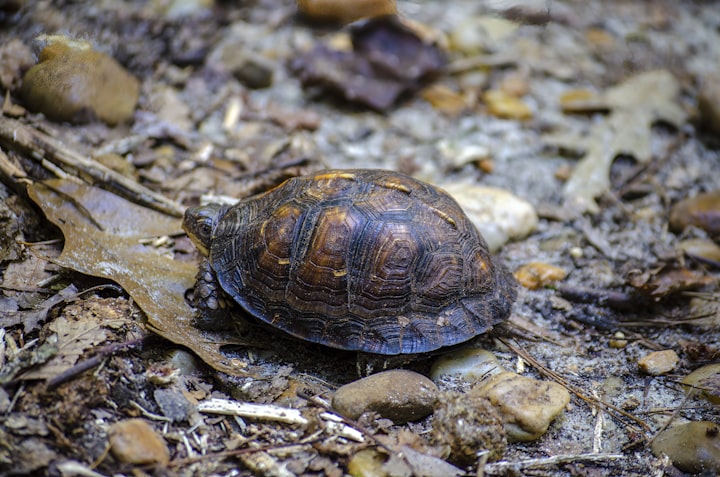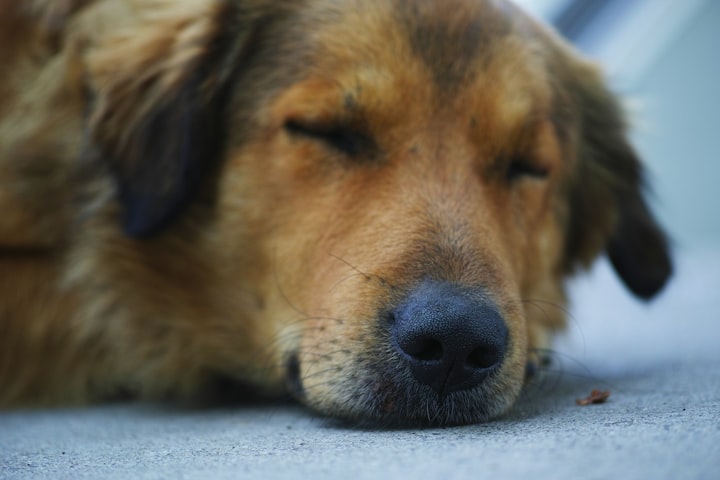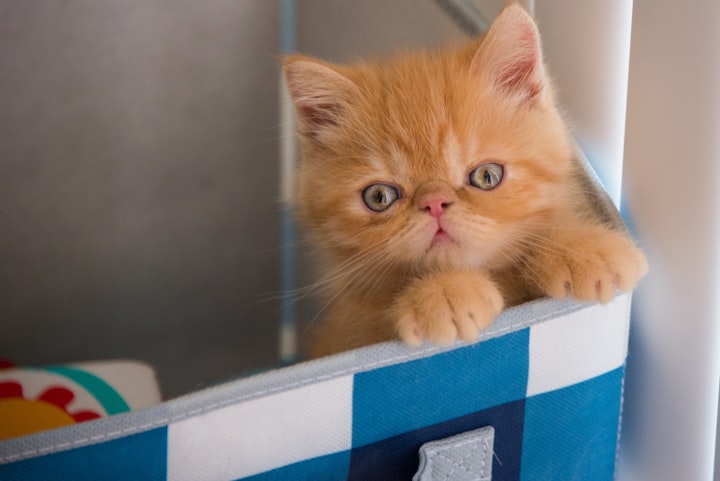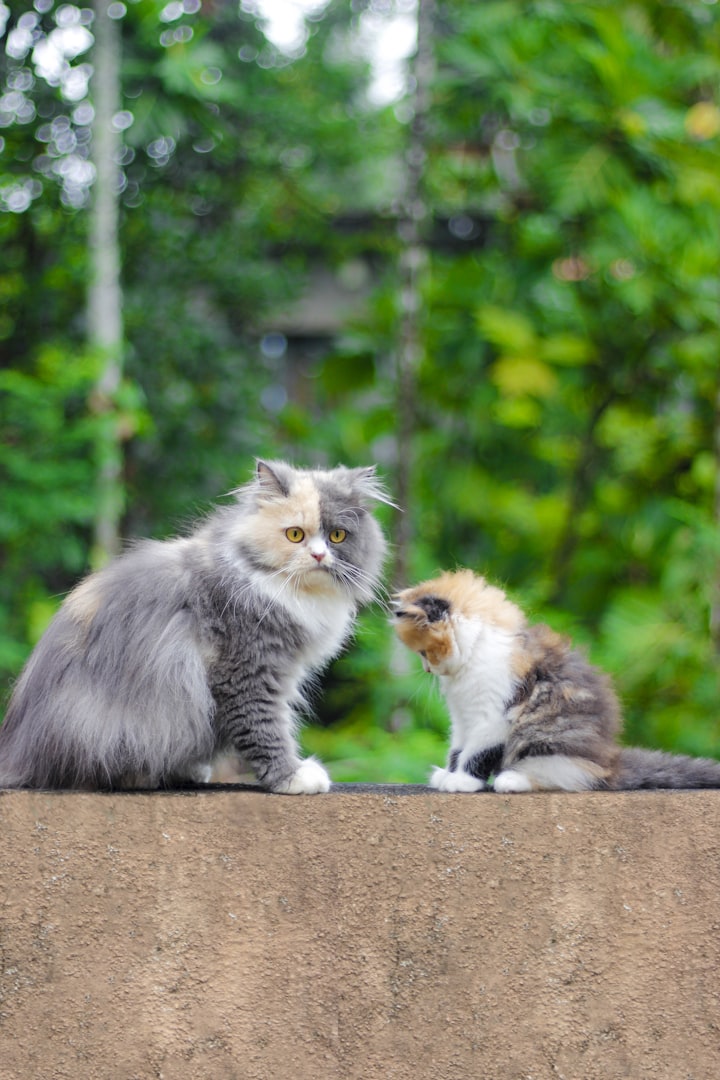Keeping Exotic Animals As Pets
Dangers Of Keeping Exotic Pets

Next to drug and arm trafficking, selling protected animals at auctions, stores, or online is one of the biggest ways that criminals make money.But the cost is borne by the animals.
Most of the animals don't survive the journey and those who do often suffer in captivity, die prematurely due to malnutrition , an uncomfortable and unnatural surroundings, loneliness, and the intense stress of confinement.
Pets Experience Suffering During Capture and Transport

In Australia, Africa, and Brazil, animals destined for the pet trade are yanked from their habitats and put through arduous transit.
In order to avoid airport X-ray machines, couriers may tape the beaks and feet of parrots and place them into plastic tubes that may be readily hidden in luggage. They may also conceal stolen bird and reptile eggs in customized jackets.
Infant pythons have been shipped in CD cases, while baby turtles have been taped inside their shells and crammed inside tube socks by the dozen.Many die before reaching their destination.
A lifetime of suffering
There is no practical way to replicate the room and freedom that these animals would have in the wild once they are inside of people's homes.Additionally being social, African grey parrots nest in enormous groups. They will never be content living in cages.
Numerous animals are kept in houses far smaller than their natural habitats .Additionally, pets often do not obtain the proper nutrients despite the best intentions and efforts of their owners.
According to our research, the majority of wild animals perish when being transported.
Ignorance leads to misery

Many exotic animals die or are abandoned when care takers are unprepared or unskilled. 90 percent of exported reptiles, according to the head of the environmental crime investigation section in Western Cape, South Africa, perish within a year.
Hedgehogs, which coil themselves into tight balls, are readily hurt by cats or by youngsters attempting to "uncurl" them.Because they are very gregarious creatures, sugar gliders risk self-mutilation or even death from loneliness if they are not given proper care.
Other people attempt to abandon or return undesirable animals to their natural habitats. These creatures will starve to death or become prey to predators or the elements in the absence of suitable habitats or rehabilitation.
You Could Get Hurt
In the last ten years, there have been scores of attacks on people by big cats in captivity. A tiger once mauled the grandfather's 3-year-old grandson.A Bengal tiger tore off the arm of a 4-year-old boy, while a lion murdered several dogs, imprisoned a toddler in his room, and killed several dogs.
At least four humans have been fatally mauled by wolf hybrids—the progeny of wolves and domestic dogs—since 2000.
"People who breed these animals and sell them as pets are playing Russian roulette," said one physician and animal behaviorist. Selling these creatures as pets is a blatant lie.
You Could Get Sick

75 percent of new infectious diseases come from nonhuman animals.There are many exotic species that could be unknown vectors of human disease, according to a Centers for Disease Control and Prevention (CDC) officer.
A Gambian rat imported from Africa was found to be the source of the monkey pox outbreak that sickened scores of humans in the Midwest in 2003.
Tularemia and the plague have also been linked to prairie dogs in the past.Macaques can transmit the herpes B virus, which can be fatal to humans in over 70% of cases.
Legislation
While some nations have limited or no particular legislation restricting the trading and ownership of wild animals as pets, others have regional or national regulations in place.
Under the Dangerous Wild Animals Act of 1976, certain species in Great Britain that are thought to constitute a risk to the public must get a licence in order to be kept privately.
Similarly, a large number of species that are now traded globally for exotic pets are not protected by agreements like the Convention on International Trade in Endangered Species of Wild Fauna and Flora.
What We Can Do?
Never purchase exotic pets from dealers or pet stores, and back legislation that would outlaw exotic pet ownership and ban the interstate transfer of exotic pets.
About the Creator
Aisha Shamim
I am Aisha Shamim: A Teacher, Researcher, and Writer. Most of my articles are about fitness and pets, i also write about science.
If you like my work leave a like and don't forget to subscribe!






Comments
There are no comments for this story
Be the first to respond and start the conversation.